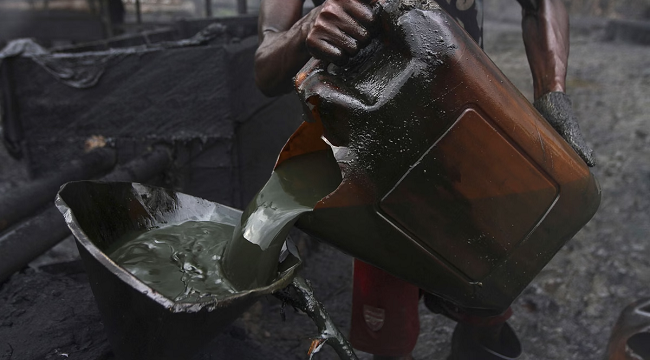Suspicious Death in Kenyan Police Custody Sparks National Outrage
A disturbing incident in Kenya has led to widespread condemnation and calls for justice after a man died under suspicious circumstances while in police custody. Albert Ojwang, a 31-year-old teacher and blogger, was arrested on Friday in the western town of Homa Bay following a complaint by Kenya’s deputy police chief, Eliud Lagat, who accused him of defamation on social media. Ojwang’s death has sparked a national outcry, with many questioning the events surrounding his fatal detention.
According to the police, Ojwang suffered fatal head injuries after allegedly hitting his head against a cell wall at a police station in Nairobi, where he was being held. However, human rights groups have expressed serious doubts about this version of events. Irungu Houghton, director of Amnesty International Kenya, described the death as "very suspicious" and called for a thorough, independent investigation into Ojwang’s treatment while in custody. Amnesty International also questioned the legality of transferring a detainee such a long distance without being booked in locally.
In response to the growing backlash, Inspector-General of Police Douglas Kanja confirmed that all officers on duty at the Nairobi station during Ojwang’s detention have been suspended, including the station’s commanding officer. The Independent Policing Oversight Authority (IPOA) is leading the investigation and has pledged to deliver justice. "We will do everything to ensure accountability – not only for the family but for all Kenyans," said IPOA Chair Ahmed Isaack Hassan.
Ojwang’s death has significant implications for freedom of expression in Kenya, particularly in the digital sphere. He was reportedly arrested on charges of "false publication" after allegedly insulting a senior government official on the social media platform X, formerly Twitter. This incident comes amid increasing scrutiny of how Kenyan authorities are handling dissent, with many expressing concern over the government’s response to digital activism. Just last week, software developer Rose Njeri was charged under a cybercrime law after creating an app to mobilize opposition to a government finance bill.
As public anger mounts online, civil society groups and concerned citizens are calling for protests and greater police accountability. A post-mortem examination was scheduled to determine the exact cause of death, and the IPOA’s investigation is expected to shed more light on the circumstances surrounding Ojwang’s tragic demise. The Kenyan government must take concrete steps to address these concerns and ensure that the rights of citizens are protected, particularly in the context of digital activism and freedom of expression. Ultimately, the outcome of this investigation will have far-reaching implications for the rule of law and human rights in Kenya.



